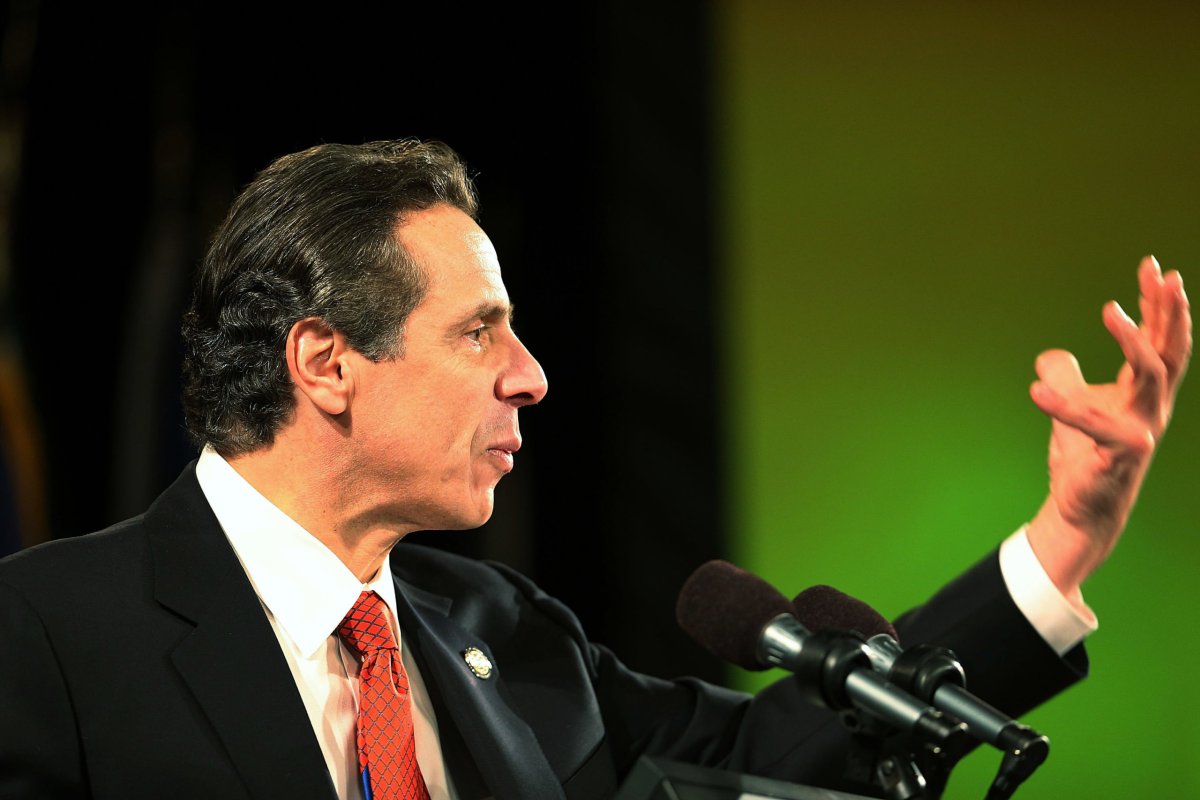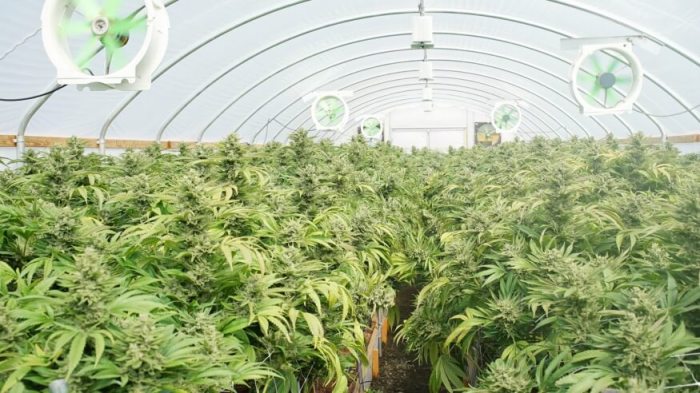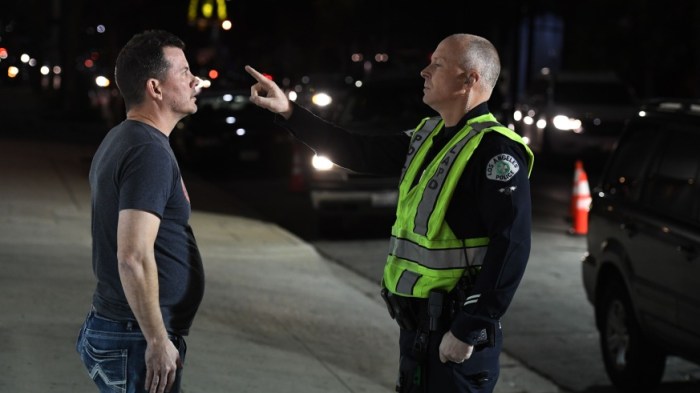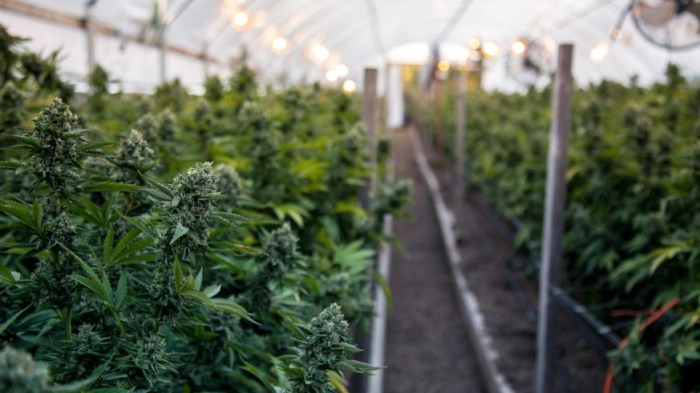The news is in: if all goes according to Andrew Cuomo’s legislative plan, adult recreational marijuana use will be legal by 2019. The question now remains: how will they go about it?
“As he moves to legalize marijuana in 2019, Governor Cuomo must prioritize racial justice and empower communities of color harmed by the war on drugs,” stated Amelia Adams, a spokesperson for We Rise to Legalize, a coalition of advocacy groups such as the National Action Network and the Conference of National Black Churches.
Decriminalization
According to amnesty advocates, legalizing marijuana for recreational use does little to help the people (and predominantly people of color) who have historically been disproportionately arrested for nonviolent drug offenses. As gubernatorial candidate Cynthia Nixon stated during a debate with Andrew Cuomo in August, marijuana has effectively already been legal for white people for years.
“New York should give the first licenses for selling legal marijuana to New Yorkers convicted of nonviolent marijuana-related crimes and to minority and women-owned businesses,” Adams continued. “The new legal marijuana industry in New York will create thousands of new jobs and new opportunities for entrepreneurs and businesses. We want to make sure that New York’s communities of color are economically empowered through the legalization of marijuana.”
Such a move would prevent multinational corporations from shutting out smaller businesses, as well as redress years of biased enforcement of the law.
Once marijuana does become legal, the question remains as to what should be done about those who are already serving jail sentences for nonviolent drug offenses. According to Adams, amnesty is the answer.
“A truly equitable and fair adult use program would expunge nonviolent marijuana convictions from New Yorkers’ records, expand re-entry programs to people impacted by the war on drugs, and invest profits from new marijuana sales into communities of color,” Adams stated.
Precedent for such a move already exists: in September, the Brooklyn district attorney Eric Gonzalez offered to remove misdemeanor posession charges from the records of nonviolent offenders.
“As we move away from criminalizing low-level possession and use of marijuana, we cannot forget those who carry a conviction for conduct that is no longer being prosecuted,” Gonzalez stated. “That criminal record can seriously impede a person’s ability to get a job, education, housing and other important services. It is only fair to relieve these individuals of that burden and allow them to turn over a new leaf and move on with their lives.”
Regulation
Legalized marijuana use won’t just affect smokers, however. Allowing the drug to be sold legitimately opens up new areas of regulation, as well as new sources of tax revenue.
According to a proposal drafted by NYU researchers Dr. Mitchell Moss, Kelsey McGuinness and Rachel Wise in November, New Yorkers purchase between six and ten million ounces of pot every year. According to their research, New York could raise as much as $677 million by applying standard sales tax alone. Where should this money go? In Dr. Moss’ view, the MTA.
“Without additional revenues to pay for the repair and modernization of the subways, it will be difficult for riders to sustain their trust in the subway system,” the researchers wrote. “Legalizing and taxing cannabis should be considered in designing any policies to improve the mass transite and commuter rail systems under the control of the MTA.”
NYU researchers aren’t the only ones espousing this plan. Former speaker of the New York City Council and public advocate candidate Melissa Mark-Viverito also supported funding the MTA with drug taxes, a plan called “Weed for Rails.”
“Given the size of New York’s population, the marijuana market here has the potential to yield $1.3 billion annually,” said Mark-Viverito. “During the next legislative session, Weed for Rails lays out a plan for New York to legalize marijuana, put no less than 50 percent of tax revenue into a lock box specifically earmarked for transit improvements and to provide an opportunity for redress for communities that have been most adversely affected by marijuana arrests.”
Given Cuomo’s other legislative priorities, diverting marijuana tax funds to the MTA may be even easier. In his address, the governor expressed support for establishing a dependable revenue stream for the maintenance of New York’s subway lines and for ending the MTA’s independence from the legislature’s control, a policy he described as “undemocratic.”
Even without considering the tax windfall, marijuana legalization will save the state precious time and money previously spent prosecuting nonviolent offenders.

























